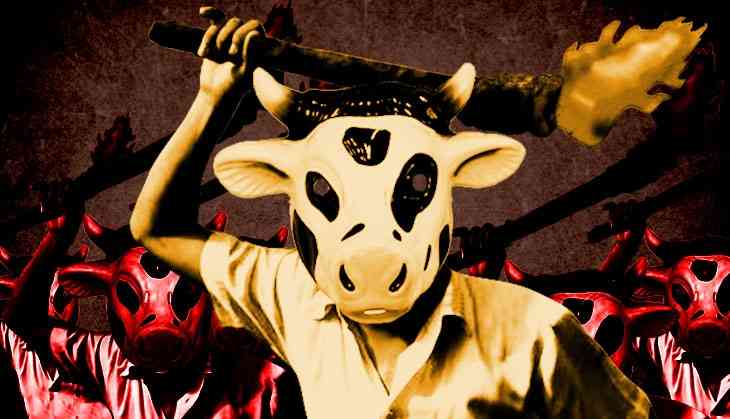12 convicted for Ramgarh lynching: Why this can be an example for other vigilantism cases

Jharkhand Chief Minister Raghubar Das has had a turbulent three-year reign which has seen multiple incidents of mob-violence, lynching and communal disturbance. However, the recent conviction in a particularly violent case of lynching in the state will help Das in garnering some amount of goodwill.
Alimuddin Ansari, 55, was lynched by self-styled cow protectors in the state's Ramgarh district on 29 June, 2017. The 12 accused were arrested in about a week and within two months, a fast-track court was set up for day-to-day trial in the case.
In about seven months, the fast-track court has completed the hearings, found the accused guilty and convicted 11 of the 12 accused. The quantum of the sentence will be announced on 21 March.
The judgment is being hailed as possibly the first one in recent years to convict criminals who operate in the garb of cow protectors and kill people in the name of “gau-raksha”.
The state government's role in the case deserves appreciation because the Jharkhand High Court had set up the fast-track court reportedly on the state government's request.
The state police and administration also appears to have shown unusual promptness and professionalism in the case. The special court was set up in August 2017 and police filed the charge-sheet on September 17. Within five days, the charges were framed.
Apart from 19 witnesses, the prosecution also produced a CD as evidence that contained video clips and photographs of the lynching. The CS was duly examined by the Forensic Sciences Laboratory in Chandigarh and the reports were secured promptly.
The speed and commitment demonstrated by Jharkhand administration is exactly what has been missing in several other cases of similar mob-violence in the name of cow-protection, across the country. Most notable among these are the lynching of Mohammad Akhlaq in Uttar Pradesh in 2015, the murder and hanging of Mohammad Majloom and Inayatullah Khan in Jharkhand's Latehar in 2016 and the fatal assault of Pehlu Khan in Rajasthan in 2017.
Akhlaq's case is in tatters, with 14 out of the 17 accused out on bail and the fast-track trial court in Greater Noida hearing the case yet to frame charges. In the Latehar case, seven people were arrested and all of them are out on bail.
In the Pehlu Khan-case, police had charged nine men after identifying them from video footage of the lynching but at least six of them have already been cleared of the charges. To compound the travesty, the dead victim and two of his companions have been charged by police with cow-smuggling.
The role of the BJP and several other arms of the Sangh Parivar in all these cases is unmistakable. Those convicted in the Ramgarh case include BJP district media cell in-charge Nityanand Mahato. In the Akhlaq-case, one of the key accused is Vishal Rana, who is the son of local BJP leader Sanjay Rana. The alleged mastermind in the Latehar case was reportedly associated with Bajrang Dal. The accused in the Pehlu Khan-case also reportedly belong to radical Hindutva organisations.
The Jharkhand CM, to begin with, now has his task cut-out. The Latehar lynchings were the first reported case of cow-related violence in the state and he had maintained a studied silence on the issue then. He should order his administration now to show similar speed and promptness in dealing with the Latehar case and many others that have taken place under his watch.
His counterparts in Rajasthan, Uttar Pradesh and Haryana must also demonstrate the same commitment to rule of law and speedy administration of justice. If they fail to do so, it will not take time for the goodwill gained because of the Ramgarh conviction to come undone.


